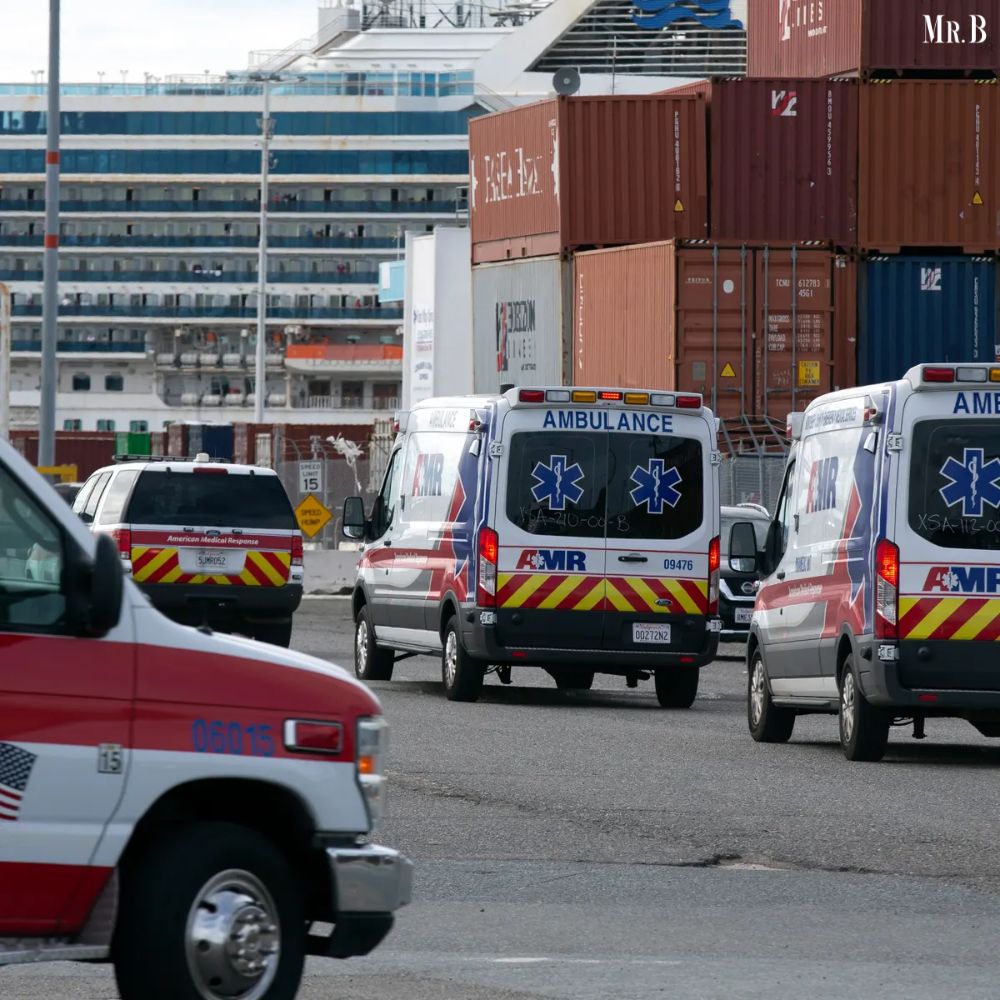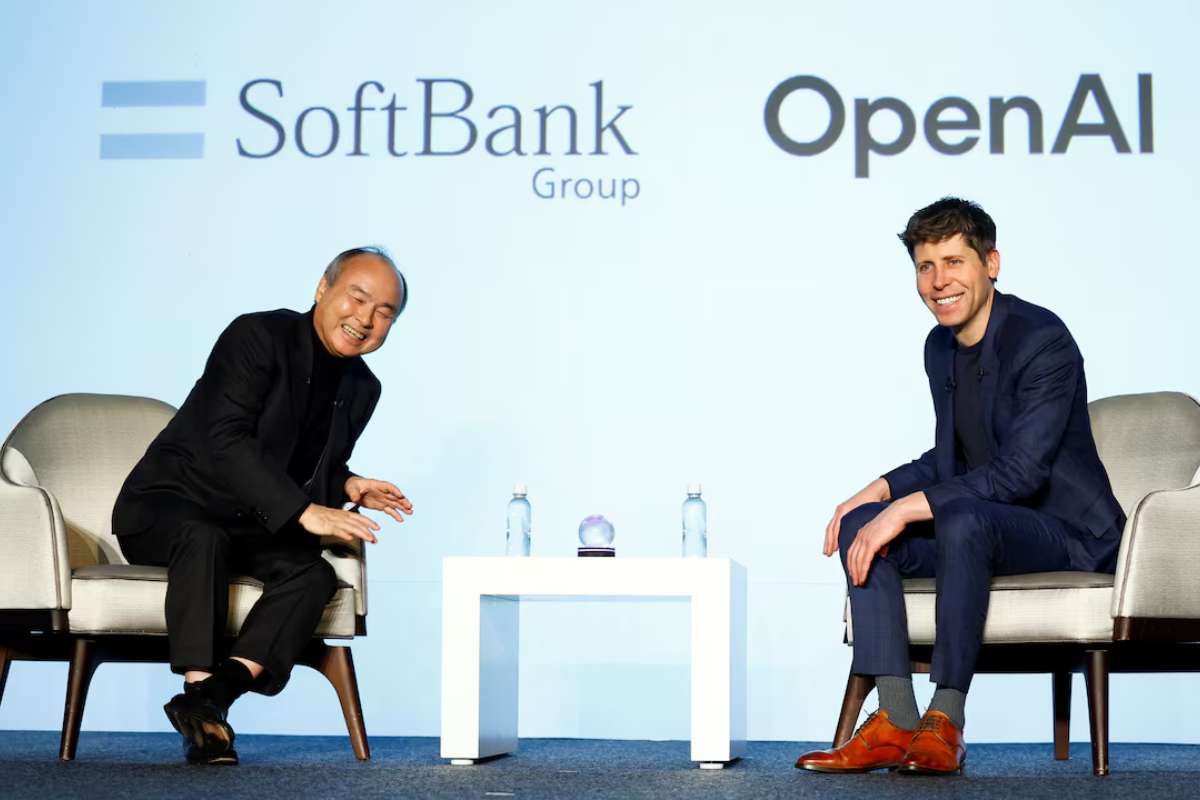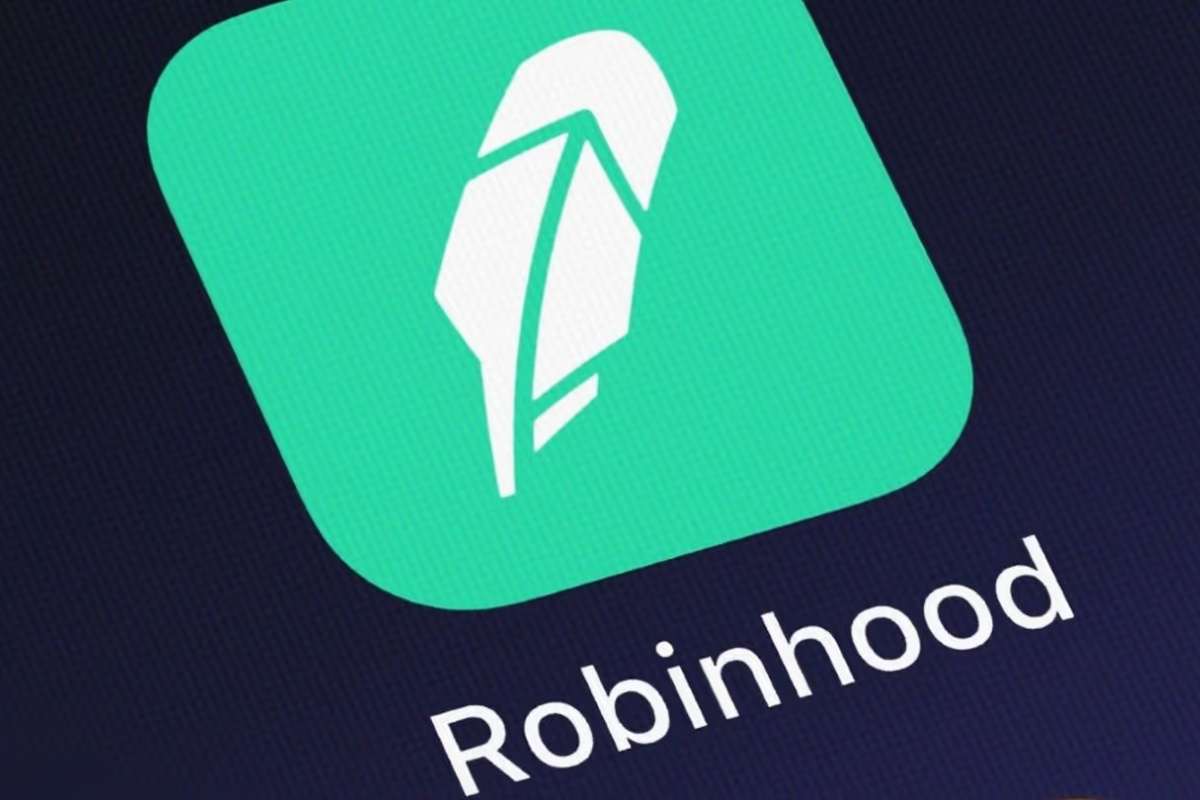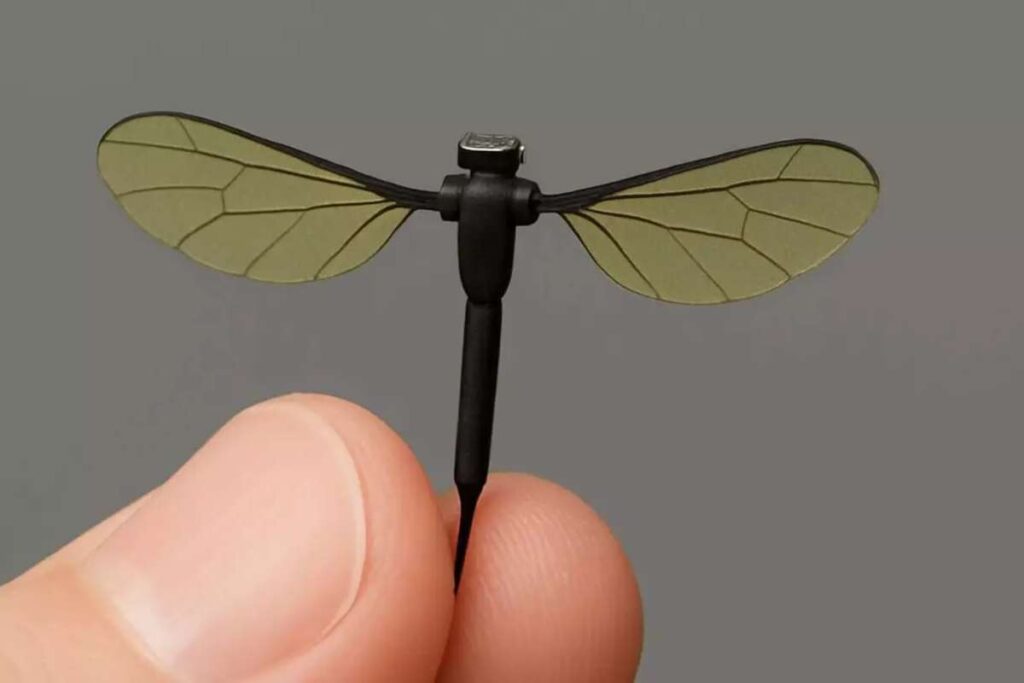A major cyberattack has hit Ascension, a prominent US health care network comprising 140 hospitals across 19 states, forcing the diversion of ambulances from several facilities. The attack, which struck earlier this week, has also severely disrupted access to electronic health records, phone systems, and various systems used for essential medical procedures and medication orders.
In response to the attack, Ascension has implemented downtime procedures, resorting to backup processes such as paper records to ensure continued patient care amidst the system outage. The network has engaged the services of Mandiant, a leading US cybersecurity firm, to contain the incident and restore normal operations. Ascension has also notified federal authorities, adhering to the established protocols for such cybersecurity breaches.
While the exact number of hospitals affected by the diversion of ambulances remains undisclosed, Ascension’s statement underscores the gravity of the situation and the concerted efforts being made to mitigate its impact on patient care. The network emphasized its commitment to ensuring safe care delivery through well-established downtime protocols, underscoring the importance of workforce training in such scenarios.
Ransomware Attacks Prompt Industry-wide Concerns of US Health Care
This cyberattack on Ascension comes as the latest in a series of high-profile incidents targeting US health care systems, raising concerns about the sector’s vulnerability to malicious cyber activities. Earlier this year, a ransomware attack on Change Healthcare, a subsidiary of UnitedHealth Group, resulted in widespread billing disruptions across pharmacies in the US. The incident not only highlighted the financial risks faced by health care providers but also the potential compromise of sensitive patient data.
The severity of cyber threats facing the health care industry was further underscored by UnitedHealth CEO Andrew Witty’s testimony to Congress, where he estimated that a significant portion of Americans had their personal data exposed in the Change Healthcare breach. UnitedHealth Group reportedly paid a hefty ransom of $22 million in a bid to safeguard patient information from unauthorized access.
The recurring nature of such cyber incidents has prompted intensified scrutiny from lawmakers and regulatory bodies regarding cybersecurity measures within the health care sector. Questions about the adequacy of defenses against cyber threats and the potential ramifications of system compromises on patient care and data security have gained prominence in national discussions.
The Incident Serves as a Stark Reminder
As investigations into the Ascension cyberattack unfold, stakeholders across the health care industry, cybersecurity experts, and government agencies are closely monitoring developments. The incident serves as a stark reminder of the evolving cybersecurity landscape and the imperative for robust defenses to safeguard critical infrastructure and sensitive health information.
In the face of escalating cyber risks, collaboration among industry stakeholders, investment in advanced cybersecurity technologies, and continuous workforce training on cybersecurity best practices emerge as essential strategies to fortify the resilience of US health care systems against malicious cyber activities. Efforts to enhance threat detection capabilities, incident response protocols, and information sharing mechanisms also remain pivotal in mitigating the impact of cyber threats on patient care and organizational stability within the health care sector.
Curious to learn more? Explore our News on: Mr. Business Magazine








